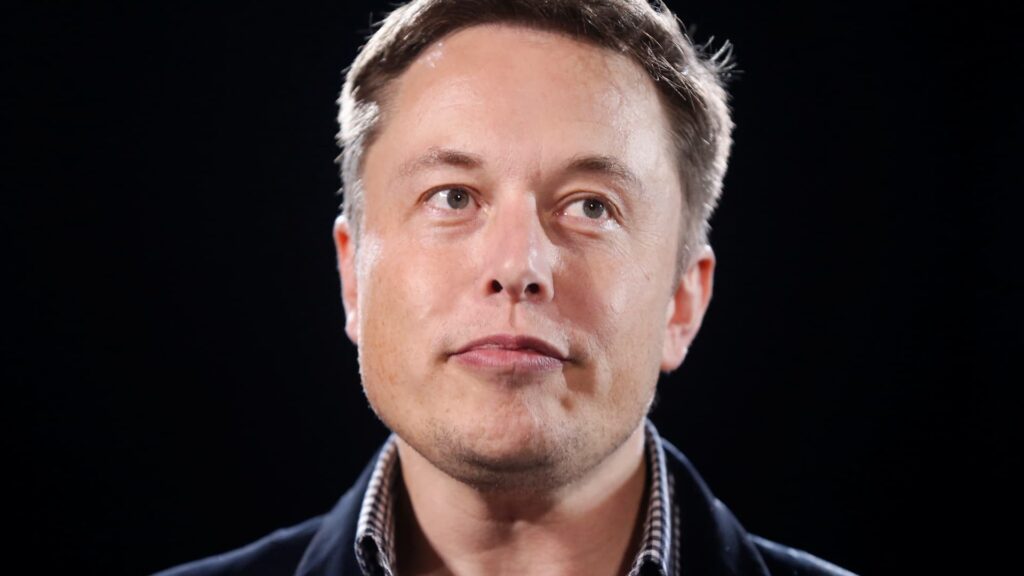Tesla Motors CEO Elon Musk unveils a new all-wheel-drive version of the Model S car in Hawthorne, California October 9, 2014.
Lucy Nicholson | Reuters
On at least four occasions since 2019, Elon Musk has predicted that his medical device company, Neuralink, would soon start human trials of a revolutionary brain implant to treat intractable conditions such as paralysis and blindness.
Yet the company, founded in 2016, didn’t seek permission from the U.S. Food and Drug Administration (FDA) until early 2022 – and the agency rejected the application, seven current and former employees told Reuters.
The rejection has not been previously reported. In explaining the decision to Neuralink, the agency outlined dozens of issues the company must address before human testing, a critical milestone on the path to final product approval, the staffers said. The agency’s major safety concerns involved the device’s lithium battery; the potential for the implant’s tiny wires to migrate to other areas of the brain; and questions over whether and how the device can be removed without damaging brain tissue, the employees said.
A year after the rejection, Neuralink is still working through the agency’s concerns. Three staffers said they were skeptical the company could quickly resolve the issues – despite Musk’s latest prediction at a Nov. 30 presentation that the company would secure FDA human-trial approval this spring.
Neuralink has not disclosed details of its trial application, the FDA’s rejection or the extent of the agency’s concerns. As a private company, it is not required to disclose such regulatory interactions to investors. During the hours-long November presentation, Musk said the company had submitted “most of our paperwork” to the agency, without specifying any formal application, and Neuralink officials acknowledged the FDA had asked safety questions in what they characterized as an ongoing conversation.
Musk and other Neuralink officials did not respond to…
Read the full article here





